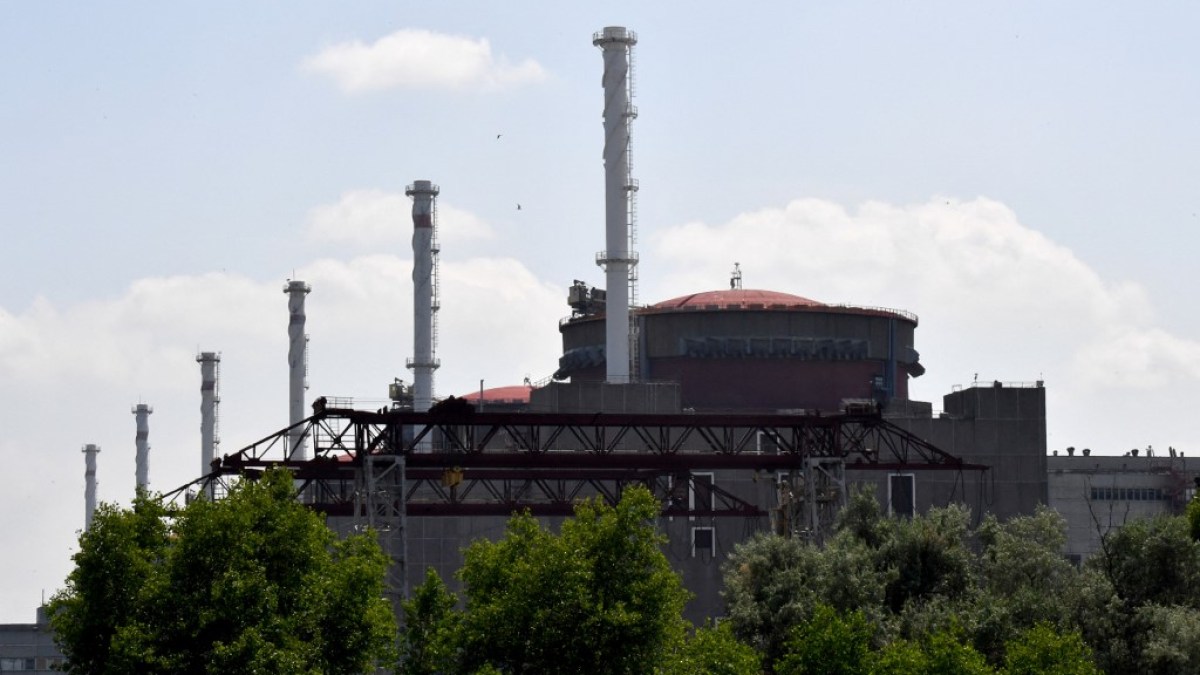Ukrainian president promises accountability after anticorruption bureau announces probe into alleged Energoatom scheme.
Ukraine’s National Anti-Corruption Bureau (NABU) has opened an investigation into an alleged $100 million kickback scheme involving Energoatom, the state nuclear power company that supplies more than half of the country’s electricity. The probe was announced as Ukraine prepares for another harsh winter amid regular Russian strikes on energy infrastructure.
NABU said a “high-level criminal organisation” ran the scheme, led by a businessman and involving a former adviser to the energy minister, Energoatom’s head of security, and four other employees. The agency did not name suspects but said about $100 million “passed through this so-called laundromat.”
NABU chief detective Oleksandr Abakumov said the minister’s adviser and Energoatom’s security director controlled the company’s procurement, creating conditions that forced contractors to pay illegal benefits. Investigators say the group discussed increasing the kickback rate while working on protective structures at the Khmelnytskyi nuclear plant last October. Contractors were allegedly coerced into paying bribes of 10 to 15 percent to avoid losing contracts or facing payment delays.
NABU described Energoatom as a strategic enterprise with annual income exceeding 200 billion hryvnias (about $4.7 billion) that was effectively managed by individuals without formal authority. The agency released photographs of cash—hryvnias, US dollars and euros—found in bags and piled on tables, but did not disclose the owners of the seized money.
The investigation involved 70 searches, review of more than 1,000 hours of audio recordings, and deployment of NABU’s full detective staff over 15 months.
President Volodymyr Zelenskyy urged full cooperation and called for “clear legal response” and criminal verdicts for those involved. His remarks follow months in which he reversed plans to curb NABU’s independence after mass protests. Fighting corruption remains a key condition for Ukraine’s EU membership aspirations.
Energoatom confirmed its offices were being searched and said it was cooperating with investigators. Deputy Energy Minister Svitlana Grynchuk said she was not yet familiar with case details but promised a transparent process and accountability, expressing hope the probe’s transparency would reassure international partners.
Opposition lawmaker and anticorruption advocate Yaroslav Zheleznyak said he would propose a parliamentary motion to dismiss Grynchuk and her predecessor, German Galushchenko, now justice minister. Grynchuk declined to comment on the proposal; Galushchenko did not respond to requests for comment.
Ukraine’s power infrastructure has sustained extensive damage from Russian air strikes this autumn, leaving large parts of the country without electricity. While reactors have not been directly targeted, substations linked to them have been repeatedly hit. As Ukraine faces both war and internal corruption challenges, convincing international partners of reforms may be as crucial to the country’s future as the fighting on the front lines.


